Newsletter Subscribe
Enter your email address below and subscribe to our newsletter

As the world rapidly adapts to innovative technology, the need for skilled professionals in this industry continues to grow. As we look towards 2024, a myriad of new opportunities are anticipated to surface, particularly for engineers seeking professional tech certifications.
These credentials are becoming increasingly significant as a testament to an individual’s competency and proficiency within this highly technical sector. Professional certifications do not only ensure higher pay grades, but they also open the door for more challenging, exciting, and fulfilling careers.
Engineers with relevant tech certifications in 2024 will undoubtedly have an edge in this ever-evolving landscape. As such, staying updated and ahead of the curve is more critical than ever in these changing times.
In this article, we delve into the critical tech certification for 2024 that engineers should aim for to validate their expertise and bolster their professional trajectory in the high-octane tech industry. So read on to get insights into the top tech certifications.
In an increasingly digital and tech-centered world, standing out from the crowd and remaining competitive have become essential. As we see a shift towards the Internet of Things, artificial intelligence, machine learning, and big data, professionals in every industry need to equip themselves with the necessary tech skills.
Pursuing tech certifications in 2024, therefore, offers several advantages.
Tech certifications are an excellent investment for anyone who wants to grow in the technology sector or for those who work in other fields but need to keep pace with digital transformations in their industry.
Given the quick changes and advancements in technology, professionals need to consistently upskill and stay updated. Professional certifications in technology act as a clear proof of their technical prowess, thereby making them a necessary part of career growth in the years 2024 and beyond.
Many tech certifications are industry-specific, designed to assess and recognize the skills necessary for specific roles in various technology sectors. These range from networking and security to cloud computing, database management, and many others.
Indeed, the correlation between tech certifications and specific industries is significant. Most sectors within the IT industry require specific certifications, largely because of the wide variety of technologies involved. Different industries have varying technical needs; hence, they necessitate different tech skills.
For instance, if one intends to venture into the cybersecurity industry, certifications such as the Certified Information Systems Security Professional (CISSP) or the Certified Ethical Hacker (CEH) would be relevant.
Meanwhile, for the networking industry, the Cisco Certified Network Professional (CCNP) and Juniper Networks Certified Enterprise Routing and Switching Expert are among the prestigious certifications.
The Amazon Web Services (AWS) Certified Solutions Architect Associate and Google Certified Professional Cloud Architect certifications cater specifically to professionals seeking careers in cloud computing.
Therefore, obtaining an industry-specific tech certification could play a pivotal role in one’s career progression. For starters, having such certifications sets individuals apart in the job market. As they illustrate a dedication to continual learning, employers are more likely to view certified individuals as credible, committed professionals with relevant and up-to-date skills.
Choosing the right tech certification can feel overwhelming due to the plethora of options available. Tech certifications validate your skills and enhance your credibility in the job market, making you stand out to potential employers.
Therefore, choosing the right certification can have a substantial impact on your career growth.
Here’s a guide to help you make that critical decision:
What do you aspire to achieve in your career? Which tech roles or industry sectors are you interested in? Whether you aim to specialize in cybersecurity, cloud computing, networking, or data management, your goals should guide your certification choice.
Before choosing a certification, assess its market value and demand. A certification with high demand in the job market significantly increases your job prospects and earning potential. Some in-demand tech certifications are CompTIA A+, AWS Certified Solutions Architect, Certified Information Systems Security Professional (CISSP), and Cisco Certified Network Associate (CCNA).
Certifications often have prerequisites in terms of educational qualifications or work experience. Ensure that you meet these requirements before you start investing your time and resources in preparing for a particular certification.
Tech certifications can be costly, both in terms of money and time. Compare different certifications in your chosen area of specialization and assess the return on investment. Sometimes, less expensive or less time-consuming options may offer a better ROI.
Certifications usually have different examination structures and formats. Understand the exam format to better prepare for the certification.
Some certifications require periodic re-certification or continuous learning to keep the credential current. Consider these factors when deciding which certification to pursue.
Vendor-neutral certifications are more broad-based, covering a range of technologies from different providers, while vendor-specific certifications are linked to a particular technology or platform.
Finally, consider the reputation and recognition of the certification. Some well-known and respected certifications include Microsoft Certified: Azure Solutions Architect Expert, Google Certified Professional Cloud Architect, and PMP® Certification (for project management in tech).
Lastly, joining forums, seeking advice from industry professionals, and researching various online platforms can provide valuable insights to guide your decision.
Also, remember that while certification enhances your skills, nothing can replace hands-on experience in the tech industry. Keep exploring, keep learning, and the right certification will indeed take your tech career to the next level.
As technology continues to evolve at a rapid pace, having the right certifications can greatly enhance your credibility and marketability in the tech industry.
Not only do these certifications validate your skills and knowledge in certain areas, but they also show potential employers that you are committed to staying updated and relevant in the fast-changing world of technology.
Looking forward to 2024, here are the top 10 tech certifications that will give you a competitive edge:
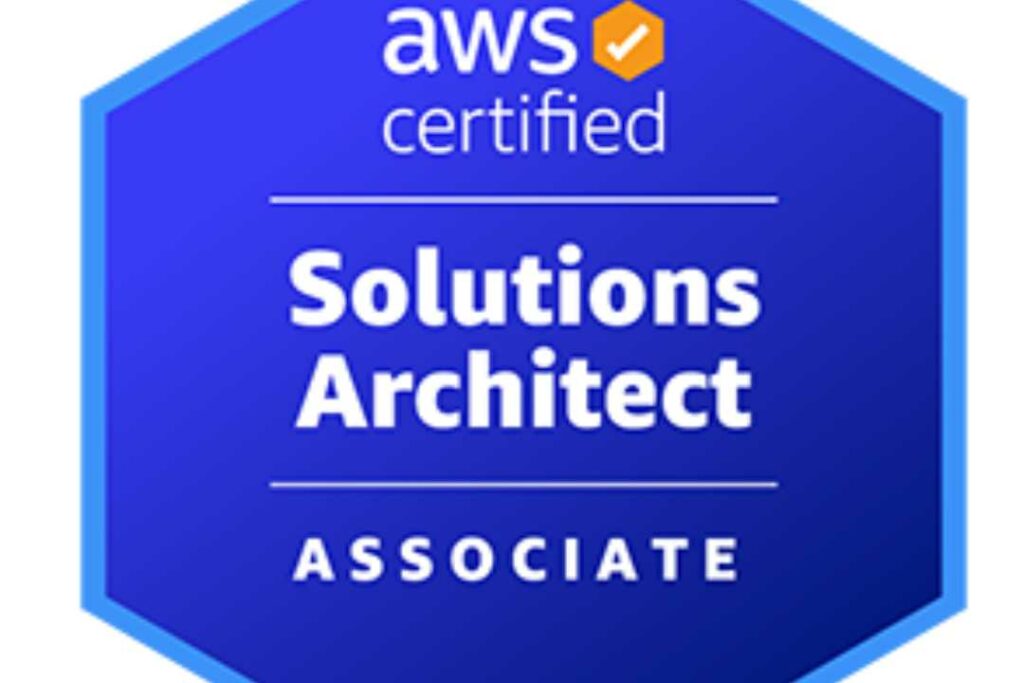
The AWS Certified Solutions Architect certification is a credential offered by Amazon Web Services to professionals showcasing their abilities to design and deploy applications and systems on the AWS platform.
The prerequisites include at least one year of practical experience in designing systems on AWS as well as a profound understanding of AWS best practices. The exam fee is approximately $150, while the exam duration is about 130 minutes.
A passing score is usually 720 out of 1000. Candidates can utilize AWS training and certification programs to better prepare themselves for the exam.
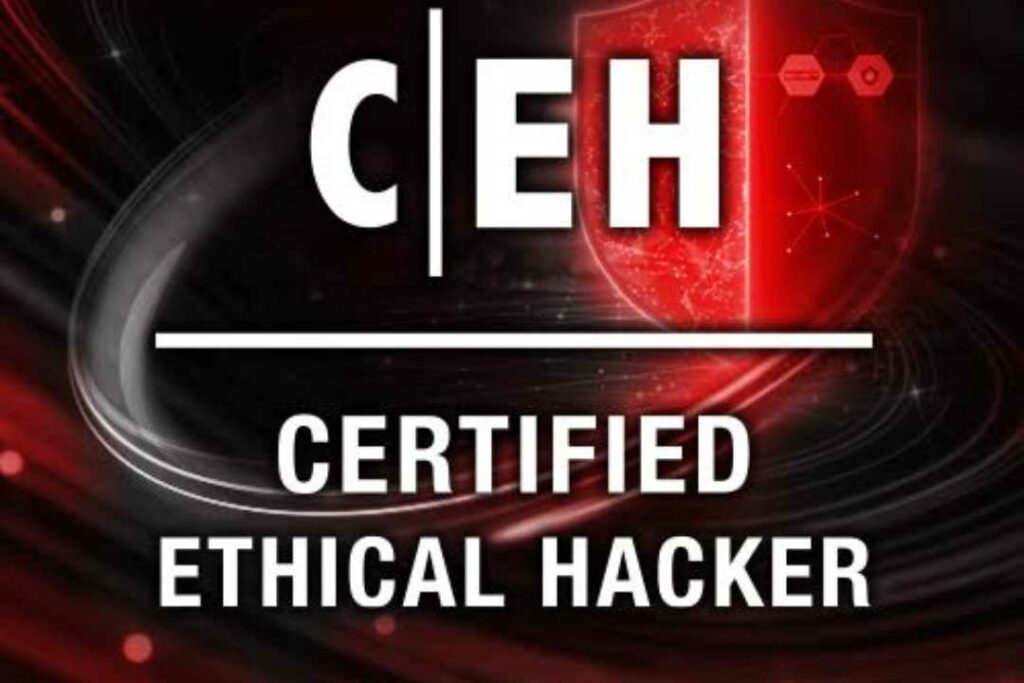
Certified Ethical Hacker (CEH) certification is offered by the International Council of Electronic Commerce Consultants (EC-Council). It verifies a security professional’s ability to discover weaknesses and vulnerabilities in system networks the same way a malicious hacker would, but legally and ethically.
The prerequisite for this certification includes at least two years of work experience in the information security field. The cost of this certification varies by region but is roughly around $1,199.
The exam lasts 4 hours and comprises 125 multiple-choice questions, with the pass mark varying depending on the difficulty level of the questions, though usually set around 60–70%.
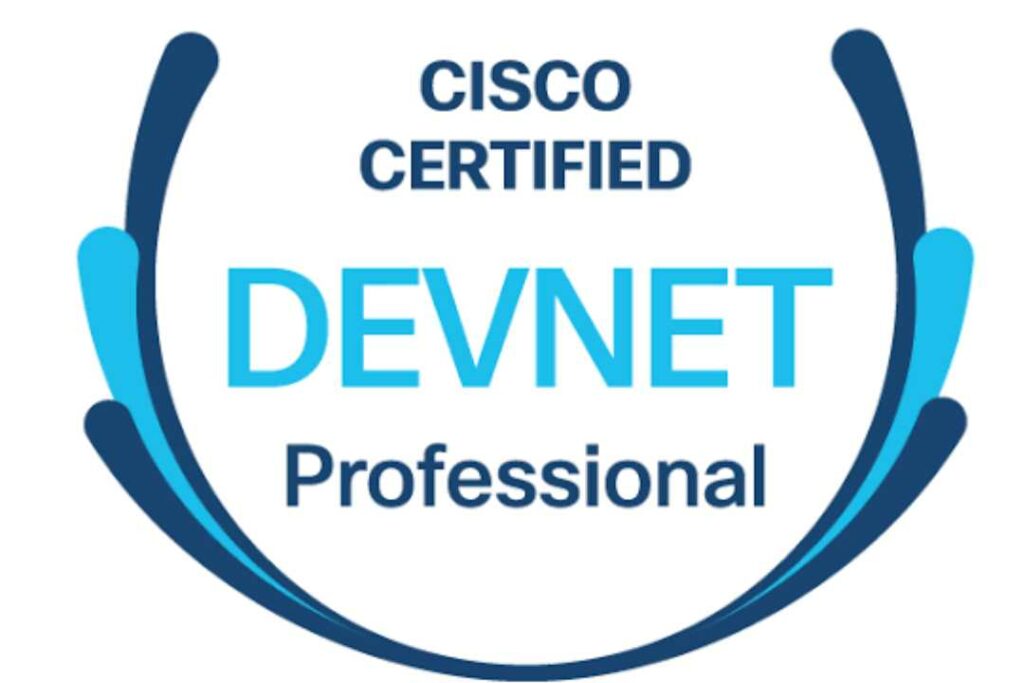
Cisco Certified DevNet Professional certification recognizes the skills of software developers, DevOps engineers, automation specialists, and other IT professionals.
Prerequisites include prior networking knowledge, coding skills, or any of the CCNP-level or equivalent certifications. The cost is approximately $400 for the core exam and around $300 for each concentration exam.
The duration of the core exam is 120 minutes, and for concentration exams, it is around 90 minutes each. The passing score varies as it’s based on statistical analysis but generally lies between 750 and 850 out of 1000.
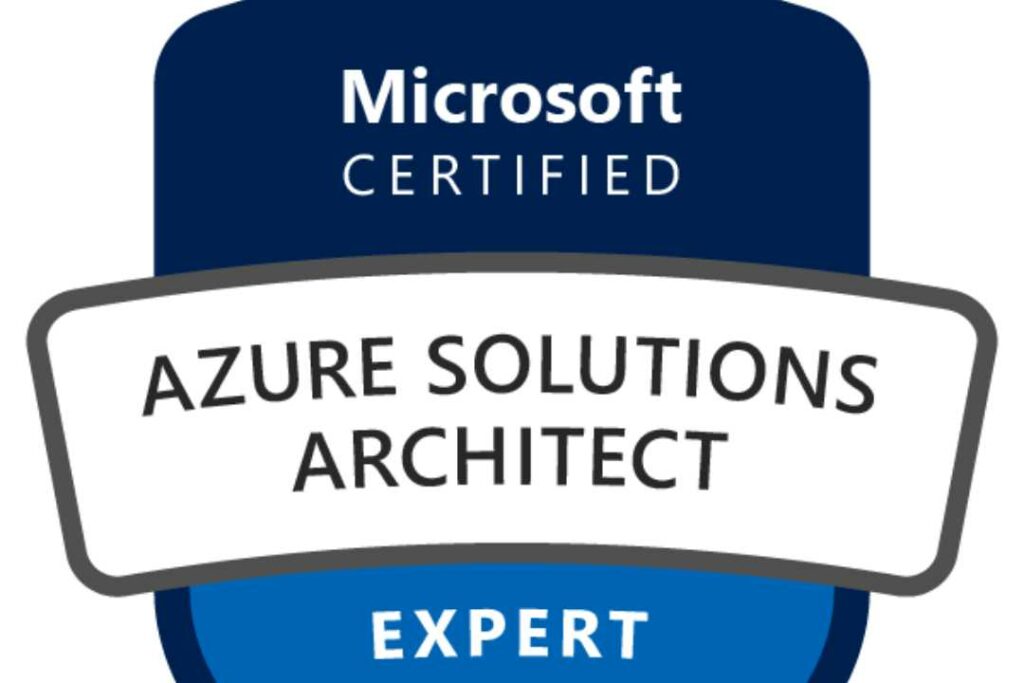
The Microsoft Certified: Azure Solutions Architect certification validates the expertise in designing and implementing solutions on Microsoft’s Azure cloud platform.
The prerequisites for this certification include advanced knowledge of IT operations such as networking, virtualization, and disaster recovery and prior hands-on experience in Azure administration. It requires passing two exams, each costing about $165.
Each exam lasts 170 minutes. Microsoft does not disclose the exact passing score; however, it is widely believed to be around 700 out of 1000. Microsoft’s score report only shows whether the candidate passed or failed the test.
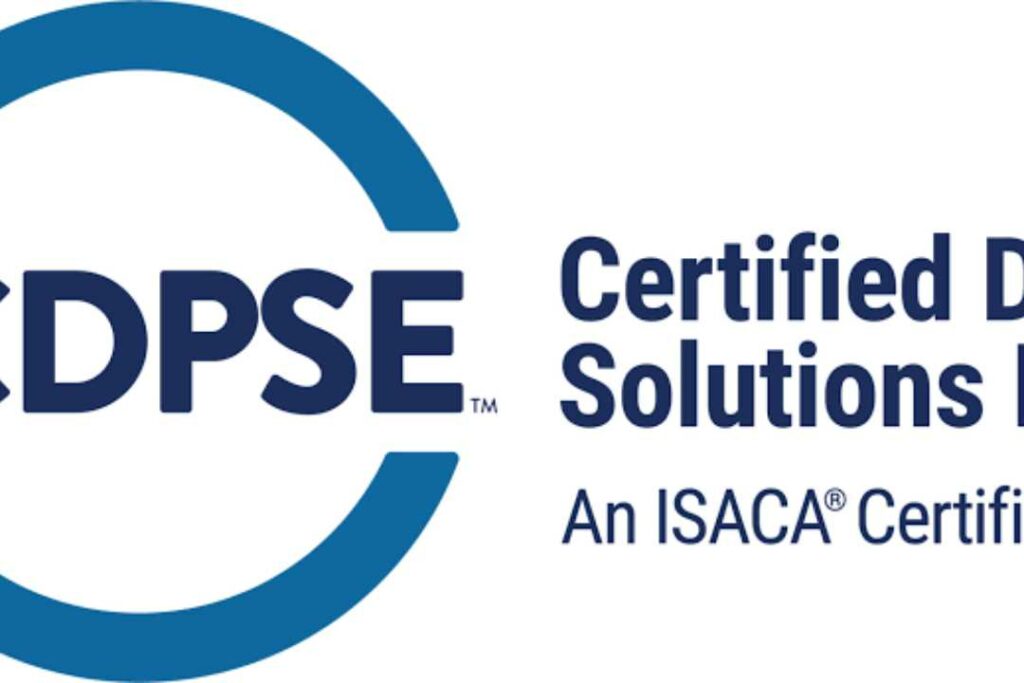
Certified Data Privacy Solutions Engineer (CDPSE) certification demonstrates a deep understanding of privacy-related laws, regulations, and frameworks. The prerequisite for this certification includes experience in privacy and data protection roles or having prior certifications such as Certified Information Privacy Manager (CIPM) or Certified Information Privacy Professional (CIPP).
Cost-wise, the standard exam fee is $575 for ISACA members and $760 for non-members. The ISACA membership annual fee varies between $10 and $135, depending on your geographical location.
The exam is approximately 4 hours long. To pass, you need to earn a scaled score of 450 or higher on a scale of 200–800. Earning a CDPSE demonstrates your proficiency in privacy-related issues and your ability to implement privacy solutions.
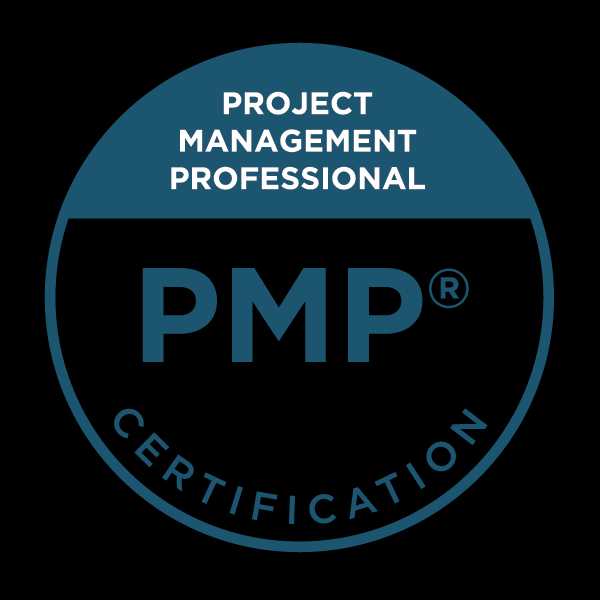
Project Management Professional (PMP) certification, offered by the Project Management Institute (PMI), validates one’s competence to perform as a project manager, leading and directing projects and teams.
Prerequisites for PMP certification include a four-year degree, 36 months of leading projects, and 35 hours of project management education and training, or CAPM certification. The standard exam fee for members is $405 and $555 for non-members, and PMI’s membership fee is $139 per year.
The PMP examination is 4 hours long with 180 questions. The passing score varies depending on the difficulty level of the questions, though historically, it was approximately 61%. This globally recognized certification enhances your skills and boosts your career potential.
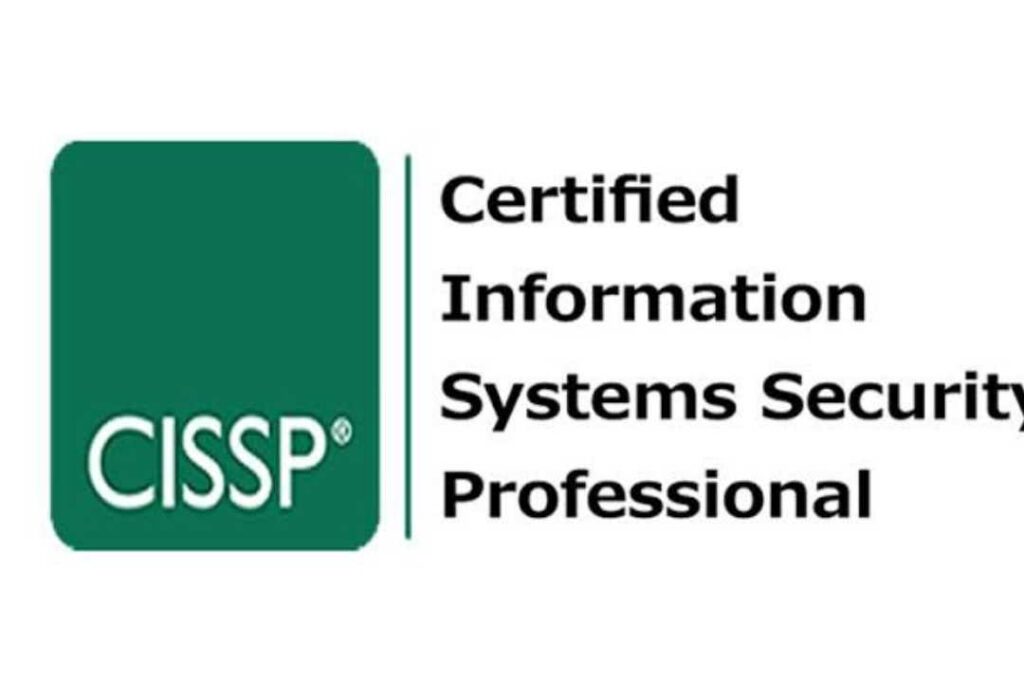
Certified Information Systems Security Professional (CISSP) is an advanced-level certification for IT professionals focused on information security. It’s managed by (ISC)², the International Information System Security Certification Consortium.
Prerequisites for this certification include a minimum of five years of work experience in at least two of the eight domains in the (ISC)² CISSP Common Body of Knowledge. The exam fee is $699, which is valid for three years. The exam duration is three hours and requires a scaled score of 700 out of 1000 points.
The CISSP certification focuses on areas like asset security, security engineering, communications, network security, identity and access management, and security assessment and testing, among others.
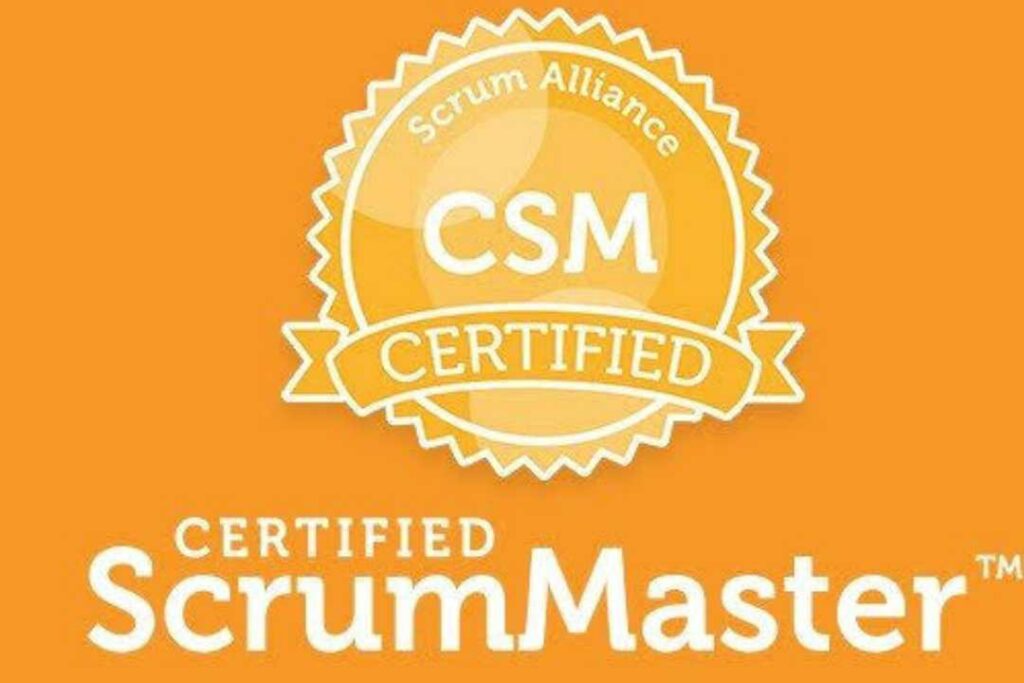
Certified ScrumMaster (CSM) is a globally recognized certification for project managers working with Agile and Scrum methodologies. Managed by the Scrum Alliance, there are no strict prerequisites to enroll in CSM, although basic knowledge of Scrum would be beneficial.
The CSM certification course cost varies depending on the provider but generally falls within the range of $1000-$1400, inclusive of the exam fee. The test comprises 50 multiple-choice questions, and you must score at least 74% to pass.
Once certified, it lasts two years before it needs renewal. CSM certification holders have the requisite skills to facilitate team roles, manage potential roadblocks, and successfully implement Scrum principles.
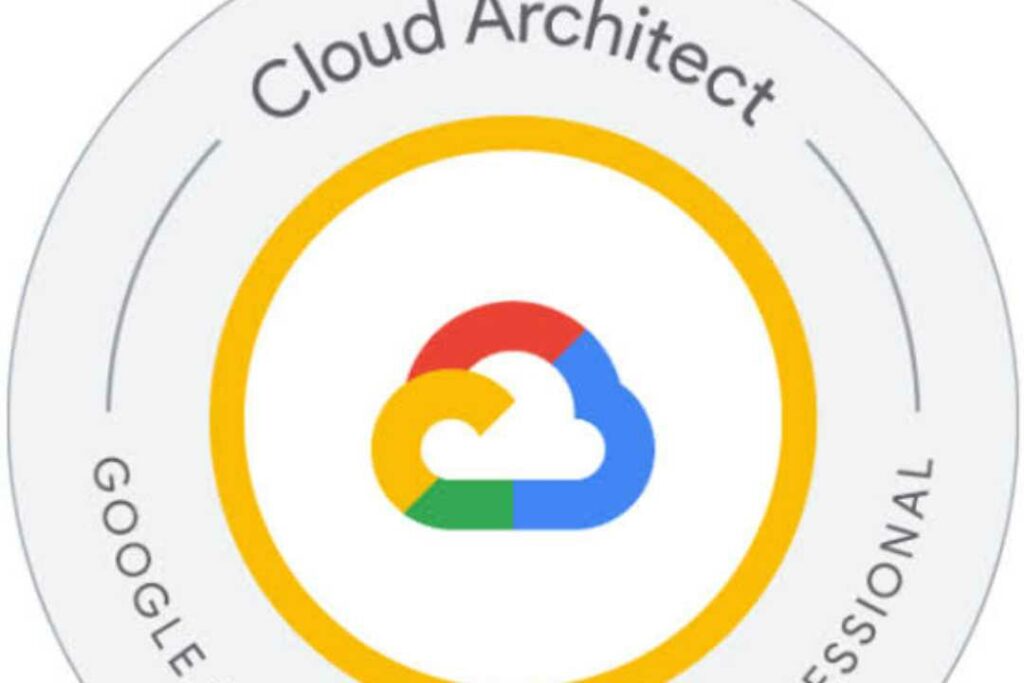
The Google Certified Professional Cloud Architect certification is designed to validate a candidate’s ability to design, develop, and manage a robust, scalable, and reliable cloud solution using Google Cloud technologies.
Prerequisites include 3+ years of industry experience, including one year of managing and implementing Google Cloud-based solutions. The cost of the certification exam is $200 USD. The exam duration is two hours and consists of multiple-choice and multiple-answer questions.
While Google does not specify a pass score, it is recommended to score over 80% as the exam is graded on a scale of 0 to 1000 with a passing score of 700.
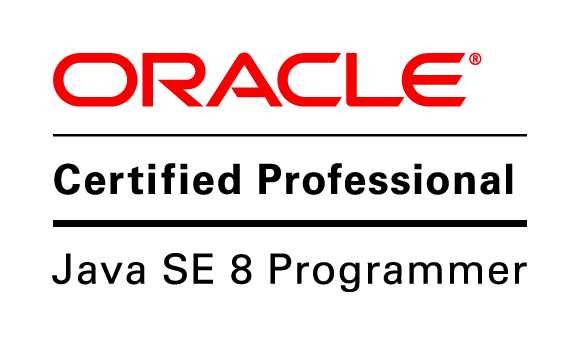
The Oracle Certified Professional, Java SE 8 Programmer certification focuses on a more advanced level of skills, demonstrating a strong understanding of the Java programming language and ability to create sophisticated applications.
The prerequisites include holding the Oracle Certified Associate, Java SE 8 Programmer certification, and hands-on experience in full-life cycle application development using Java technologies. The cost of the certification exam is $245 USD.
The exam consists of 85 multiple-choice questions, which must be answered within 150 minutes. Although Oracle doesn’t reveal the passing score, it’s believed that achieving 65% is usually enough to pass.
The field of technology is ever-evolving. This rapid pace of change makes it crucial for tech professionals to continually update their skills. One of the most respected ways to showcase these skills is by earning tech certifications. Certification exams validate your skills and demonstrate your commitment to your career.
So, if you’re preparing for a tech certification exam, here are some tips that could guide you:
Preparation for tech certification exams requires a thoughtful strategy, consistent effort, a lot of practice, and a positive attitude. However, the effort you put into earning a certification can be the key to unlocking new career opportunities and achieving professional goals. So go for it, and good luck!
In an era characterized by rapid technological advancement and constant change, ensuring that your professional certifications remain relevant and up-to-date can be a daunting task.
This need for relevance, driven by developments in machine learning, AI, digital marketing, cloud computing, and cybersecurity, amongst others, underscores the importance of keeping your knowledge and skills current.
The future workforce landscape requires continuous learning and adaptability to new technologies; hence, certification holders must regularly update their knowledge to maintain their certification relevance.
Let’s look at the future and present some strategies for maintaining certification relevance in 2024 and beyond.
Industries and sectors are evolving rapidly, with technology and innovation becoming vital aspects. Professionals need to stay aware of these industry changes, including advances in technology, regulatory changes, industry best practices, and evolving industry standards.
Reading relevant journals, industry publications, and attending webinars and conferences can keep you informed about recent industry developments and changes.
Never stop learning. A certificate might showcase your competence in a particular field at a certain time, but technologies and industry practices change over time. A continuous learning approach allows professionals to remain up-to-date and ensures their knowledge and skills remain relevant in their field.
The concept of lifelong learning has gained significant attention, and professionals can embrace this by regularly taking refresher courses, additional courses, or engaging in professional development activities related to their industry.
Most professional certifications have a validity period, after which they need to be renewed. The renewal process often includes demonstrating continuous professional development or retaking the certification exam. This is an excellent way to ensure your knowledge is up-to-date and relevant. Always remember to plan ahead for your recertification to prevent your credentials from lapsing.
Digital badges and credentials have emerged as the latest trends in showcasing one’s professional achievements and skills. Digital credentials are not only easy to share and validate but also keep a real-time record of your skill sets, learning, and development journey. Earning and updating digital credentials ensures that your professional certifications remain relevant.
Networking with industry professionals helps in staying abreast of changes in your industry, job role, and the broader professional landscape. Participating in networking events, online communities, and professional groups allows you to exchange ideas, learn from peers, and stay up-to-date on the latest industry trends and best practices.
Ultimately, maintaining certification relevance beyond 2024 lies in embracing the culture of continuous learning and keeping a pulse on industry trends. By staying updated and committed to professional development, professionals can ensure their certifications continue to carry value and relevance in a dynamic and evolving job market.
Technological advancements are incessantly evolving, thus demanding engineers to remain current with the latest trends. Industry 4.0, IoT, artificial intelligence, and cloud computing are at the forefront of technological advancement and will greatly influence the certifications needed in the future.
Certifications such as Cisco’s CCNA for network engineering, Microsoft’s Azure certifications for cloud computing, and the AI certifications from IBM will become even more important.
In the domain of cybersecurity, professionals should consider the EC Council’s Certified Ethical Hacker or Certified Information Systems Security Professional certificates due to rising security concerns on digital platforms. Given the steady rise in remote work, understanding telecommunication networks has become a top priority.
The impending introduction of 5G and increased IoT use indicate the growing need for certifications like the Certified Network Cable Installer. In a fast-paced, competitive industry, having an understanding of emerging trends and adapting by acquiring relevant tech certifications will ensure an engineer’s professional relevance.
Tech certifications are gaining prominence in 2024 as they give professionals an edge over their competition. The fast-evolving technological world necessitates professionals to continuously upgrade their skills, and professional certifications help in this pursuit.
Specialized fields like cybersecurity, data analysis, AI, and cloud computing offer advanced certifications, attracting many aspiring engineers. These certifications equip engineers with the most up-to-date skills and knowledge.
Obtaining a professional certification can validate an individual’s commitment and expertise in a particular area, often leading to better job prospects, promotions, or pay hikes. In conclusion, tech certifications will remain evergreen in the fast-changing tech industry.
In most cases, tech certifications are worth the investment. They can increase your job opportunities, potentially lead to higher pay, and demonstrate to employers that you have the skills and knowledge they are looking for. However, their value can also depend on the specific field and employer
Yes, Microsoft certifications are expected to remain relevant due to the wide use of Microsoft products and services across different industries. The Azure certification is particularly relevant because of the increasing demand for cloud computing services.
The CISSP is known for being challenging as it covers a wide range of cybersecurity topics and requires at least five years of paid, full-time work experience in two or more of the eight domains of the CISSP. However, it’s highly respected and can open many doors in the cybersecurity field.